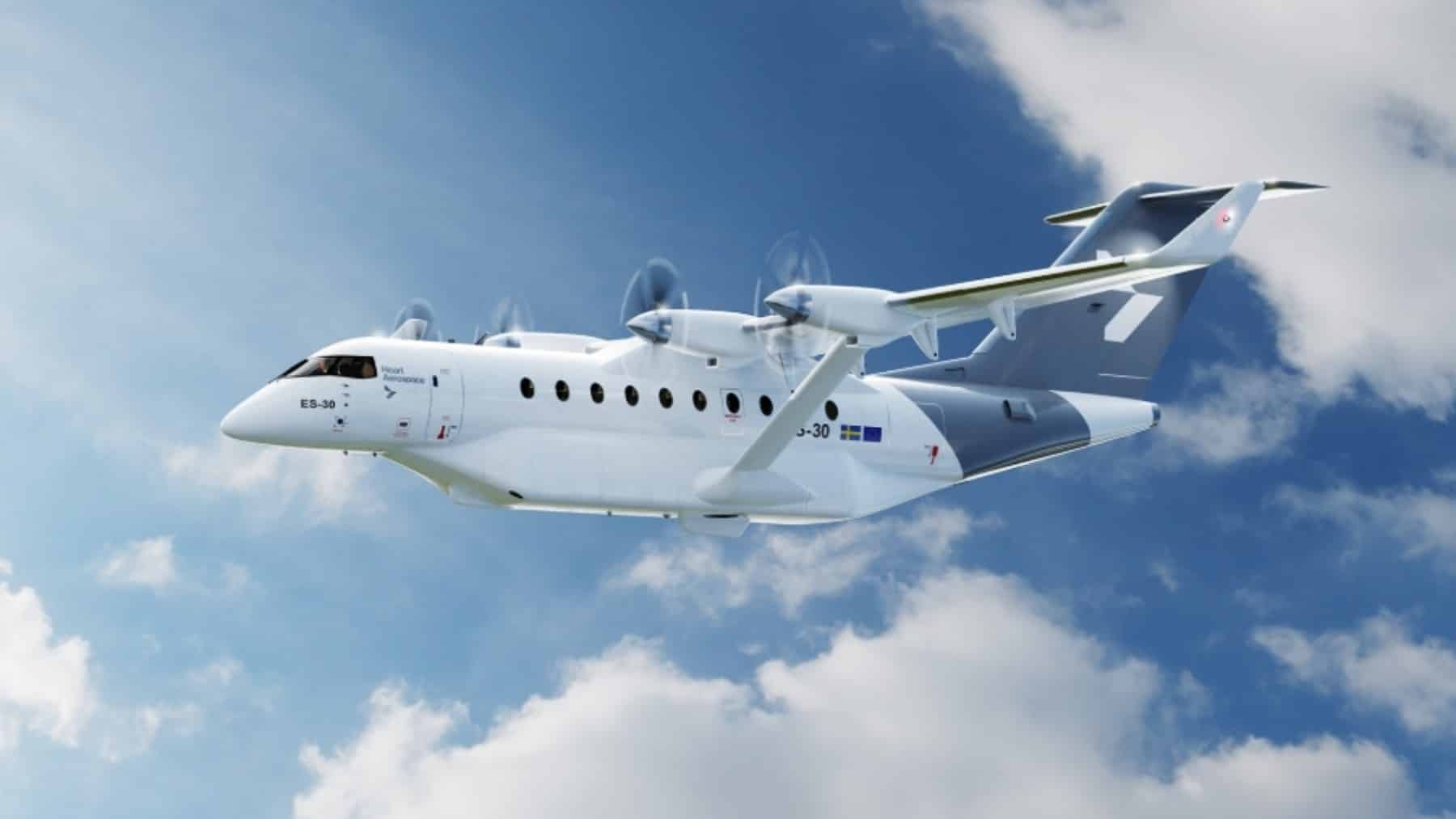Sweden's Aviation Revolution: Hybrid-Electric Aircraft ES-30 Paving the Way for Sustainable Air Travel
Key Ideas
- Heart Aerospace, a Swedish startup, introduces the ES-30 hybrid-electric aircraft powered by Sustainable Aviation Fuel (SAF), reducing CO₂ emissions by 80%.
- SAF is compatible with current aircraft infrastructure, easily blended with traditional jet fuel, and shows extended range capabilities compared to battery-only modes.
- Sweden's aviation industry leads the way with the ES-30, designed for shorter routes and takeoffs from smaller airports, backed by innovative technologies for noise reduction.
- Global interest in cleaner aviation grows with AirAsia securing 250 orders for the ES-30, showcasing the potential for international adoption of sustainable air travel.
Sweden has made a groundbreaking advancement in the aviation sector with the introduction of the Heart Aerospace ES-30 hybrid-electric aircraft. This aircraft, powered by Sustainable Aviation Fuel (SAF), has proven to be an eco-friendly alternative, reducing CO₂ emissions by 80%. SAF, developed using cooking oil, algae, and agricultural waste, offers a clean-burning fuel option that is compatible with existing aircraft infrastructure, making it easily implementable with current jet engines.
The ES-30, designed by Swedish engineers, showcases impressive extended-range capabilities, allowing flights of up to 800 kilometers using SAF in reserve generators. Sweden's Heart Aerospace has not only innovated in terms of cleaner fuel but has also paved the way for shorter haul flights with this 30-seat aircraft, which is set to operate from smaller airports, reducing the need for larger hubs.
With global and local support, the ES-30 has gained significant traction, with AirAsia placing 250 orders for this sustainable aircraft. This collaboration signifies a shift towards sustainable air travel, with other airlines and organizations joining in the effort to reduce the aviation industry's environmental impact.
As Sweden leads the way in cleaner aviation technologies, the ES-30 acts as a beacon for sustainable air travel options, setting a new standard for eco-conscious flying. The success of the ES-30 demonstrates that sustainable flying is not merely a concept but a tangible reality, with the potential to revolutionize the future of global aviation.
Topics
Aviation
Environmental Impact
Innovation
Clean Technology
Global Impact
Emission Reduction
Sustainable Fuel
Aerospace Industry
Latest News
